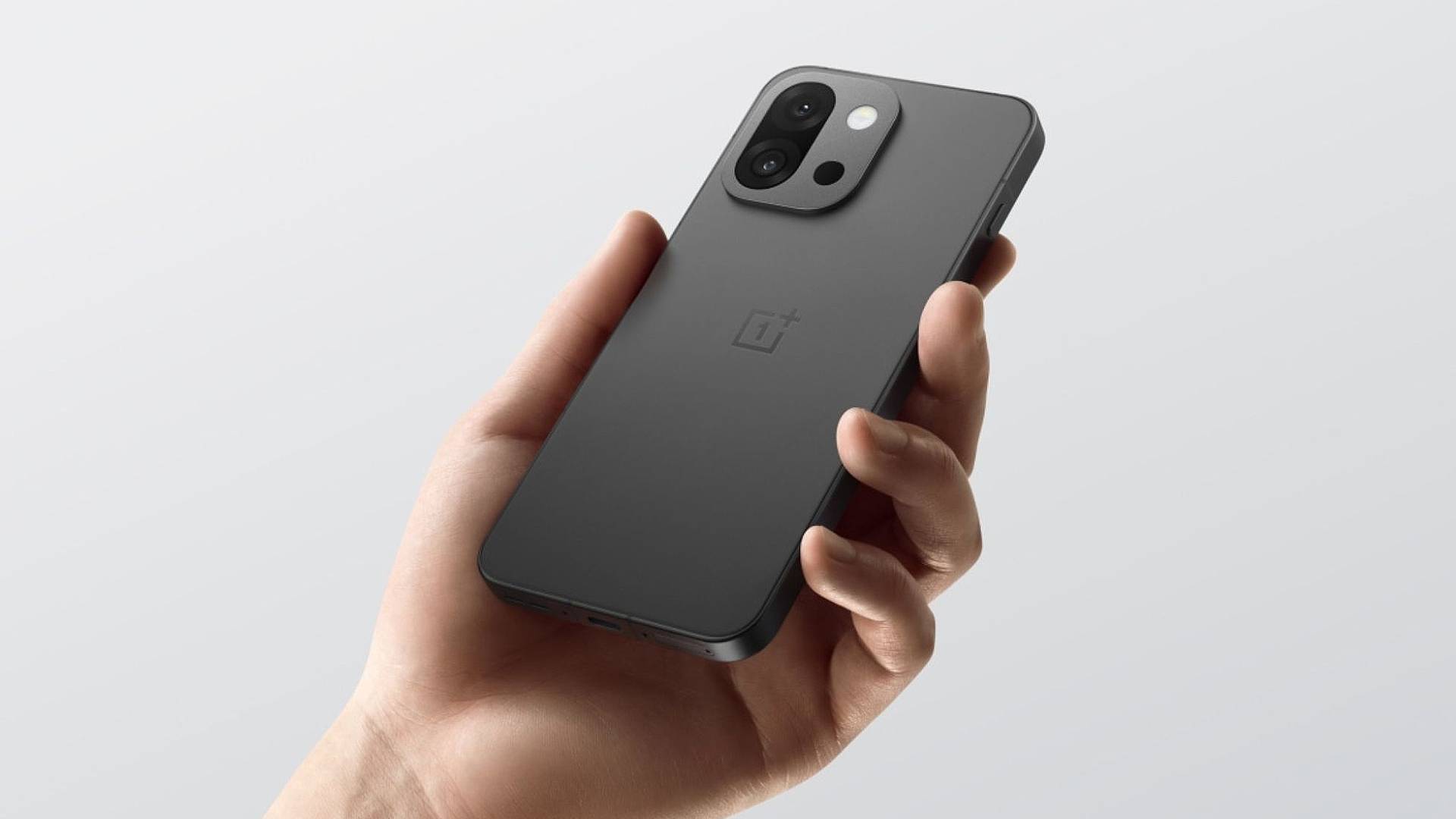Gadgets
Go Nisha Go game empowers 2,000 girls in Patna, Jaipur, and Delhi about menstrual health and more


By - 25 Jan 2024 10:01 PM
|
This mobile game is empowering girls in India with knowledge that changes lives. Howard Delafield International (HDI), a woman-owned social impact firm, hosted an event in New Delhi on January 18 highlighting the impact of the award-winning mobile game Go Nisha Go. Developed with support from USAID, this innovative role-playing game aims to shape knowledge and behaviours among adolescent girls aged 15-19, empowering them to reach their full potential.Since its launch, Go Nisha Go has been downloaded over 300,000 times. Players take on the role of Nisha, the protagonist, and make important choices that significantly influence her life journey. Through Nisha, girls can explore critical topics like menstrual health, consent, contraception, pursuing an education, delaying early marriage, and gaining financial independence. The game provides credible information and advice from mentor figures to help guide the choices. Access to in-game resources combined with the ability to make decisions and see the outcomes has led to measurable impact, as shown by a randomised control trial conducted by Population Council Consulting. The study enlisted approximately 2000 girls in Patna, Jaipur, and Delhi – regions with high rates of early marriage and adolescent pregnancy which can disrupt a girl’s education and life prospects.The research revealed that girls who played Go Nisha Go demonstrated substantially improved knowledge compared to those who did not play the game. Players were at least twice as likely to have comprehensive awareness of modern contraceptives like condoms, birth control pills, and emergency contraception. Understanding of fertility and the menstrual cycle increased by 119%. Significant gains were also seen in knowledge of menstrual issues, timing of marriage, and contraception.Beyond expanding knowledge, the game also boosted self-efficacy and intent among players. Girls felt more confident in accessing health services and speaking to providers about their needs. They were more determined to pursue their education, delay marriage, and gain financial independence. |
























